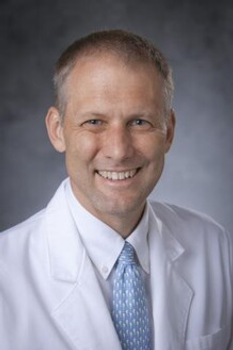Small Cell Lung Cancer (SCLC) Overview
Learn About Small Cell Lung Cancer (SCLC)
View Main Condition: Lung Cancer
Duke Cancer Center
Thomas Stinchcombe is an Oncologist and a Hematologist Oncology provider in Durham, North Carolina. Dr. Stinchcombe is rated as an Elite provider by MediFind in the treatment of Small Cell Lung Cancer (SCLC). His top areas of expertise are Non-Small Cell Lung Cancer (NSCLC), Lung Cancer, Small Cell Lung Cancer (SCLC), EGFR Positive Lung Cancer, and Gamma Knife Radiosurgery. Dr. Stinchcombe is currently accepting new patients.
City Of Hope Medical Foundation
Ravi Salgia is an Oncologist in Duarte, California. Dr. Salgia is rated as an Elite provider by MediFind in the treatment of Small Cell Lung Cancer (SCLC). His top areas of expertise are Lung Cancer, Non-Small Cell Lung Cancer (NSCLC), Small Cell Lung Cancer (SCLC), Tissue Biopsy, and Gastrostomy.
Fox Chase Cancer Center
Hossein Borghaei is an Oncologist and a Radiologist in Philadelphia, Pennsylvania. Dr. Borghaei is rated as an Elite provider by MediFind in the treatment of Small Cell Lung Cancer (SCLC). His top areas of expertise are Lung Cancer, Non-Small Cell Lung Cancer (NSCLC), Small Cell Lung Cancer (SCLC), and EGFR Positive Lung Cancer.
Summary: This phase I trial tests the safety, side effects, and best dose of tazemetostat in combination with topotecan and pembrolizumab in treating patients with small cell lung cancer that has come back after a period of improvement (recurrent). Tazemetostat may stop the growth of tumor cells by blocking some of the enzymes needed for cell growth. Chemotherapy drugs, such as topotecan, work in different...
Summary: This phase III trial compares durvalumab to the usual approach (patient observation) after surgery for the treatment of patients with early-stage non-small cell lung cancer. Immunotherapy with monoclonal antibodies, such as durvalumab, may help the body's immune system attack the cancer, and may interfere with the ability of tumor cells to grow and spread. The usual approach for patients who are n...
